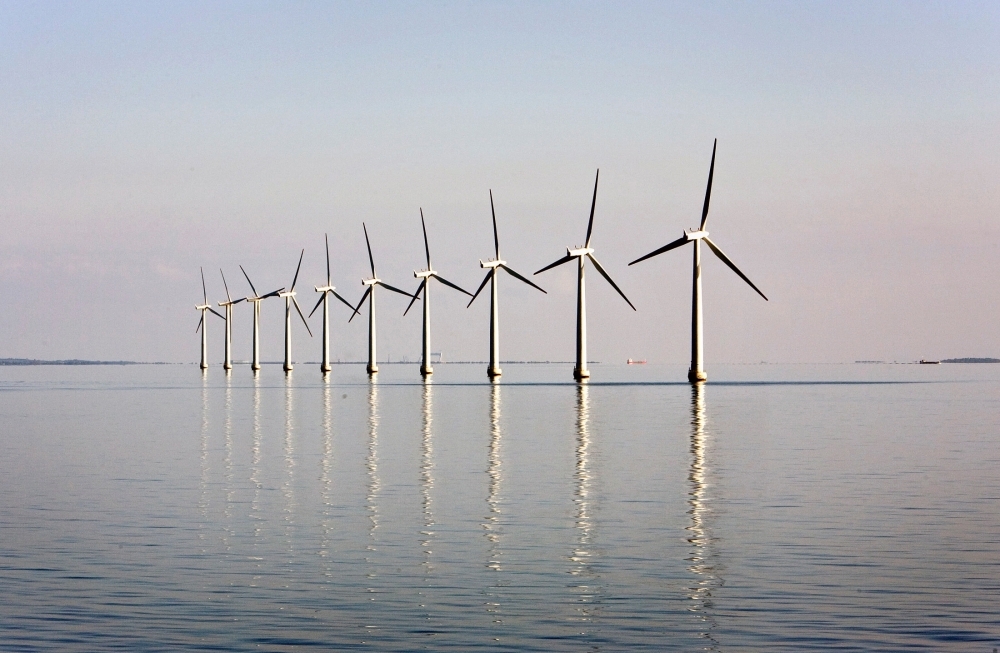Industrialisation demands balanced use of energy sources - consultant
Just energy transition necessary
Africa should be allowed to utilise its resources to power growth.
Oil and gas consultant Ndapwilapo Shimutwikeni says Namibia and the greater African continent cannot be made to rely solely on renewable energy to power their industrialisation goals as the world moves to net neutrality.
Shimutwikeni made these comments in response to oil discoveries by oil giants TotalEnergies and Shell off the coast of southern Namibia early last year.
Shimutwikeni says while conventional energy sources pollute the world, Africa should be allowed to utilise its resources to power its growth.
"We have to acknowledge that people are polluting the world globally as human beings; however, almost 600 million Africans have no access to energy, so kids are really with candlelight, people are still using biomass, and we need energy to industrialise, so I don’t think it will be fair to say Africa cannot touch its resources," she said.
Balancing act
Shimutwikeni said the developed world prioritised the protection of the environment, while Africa was reliant on improving its social metrics as far as adherence to environmental, social and governance (ESG) standards were concerned.
"It’s a matter of a balancing act, so we talk about a just energy transition, a balancing act between the three legs of ESG. From a developed or global point of view, there’s a strong focus on the environmental aspect; from a continental point of view, it’s the social aspect, so it is a balancing act," Shimutwikeni said.
Doing its part
Namibia, according to Shimutwikeni, has provisions in its legislation that ensure protection of the environment and is playing its part to care for the environment.
"In terms of Namibia, it is one of the few countries in the world where the protection of the environment is enshrined in our constitution, so from the get-go, protecting our environment is key. Also, from a regulatory point of view, for companies to come into the country and explore our resources, they have to meet several environmental obligations in the first place, so in that sense we are environmentally sensitive," she said.
While renewable energy was a good initiative, it was not the complete solution, Shimutwikeni said.
"It is a matter of achieving a balance, and realistically, renewable energy, as great as it is, cannot industrialise Africa. It is very important to have realistic conversations, while at the same time still taking into account that we have to protect the environment," she said.
Shimutwikeni made these comments in response to oil discoveries by oil giants TotalEnergies and Shell off the coast of southern Namibia early last year.
Shimutwikeni says while conventional energy sources pollute the world, Africa should be allowed to utilise its resources to power its growth.
"We have to acknowledge that people are polluting the world globally as human beings; however, almost 600 million Africans have no access to energy, so kids are really with candlelight, people are still using biomass, and we need energy to industrialise, so I don’t think it will be fair to say Africa cannot touch its resources," she said.
Balancing act
Shimutwikeni said the developed world prioritised the protection of the environment, while Africa was reliant on improving its social metrics as far as adherence to environmental, social and governance (ESG) standards were concerned.
"It’s a matter of a balancing act, so we talk about a just energy transition, a balancing act between the three legs of ESG. From a developed or global point of view, there’s a strong focus on the environmental aspect; from a continental point of view, it’s the social aspect, so it is a balancing act," Shimutwikeni said.
Doing its part
Namibia, according to Shimutwikeni, has provisions in its legislation that ensure protection of the environment and is playing its part to care for the environment.
"In terms of Namibia, it is one of the few countries in the world where the protection of the environment is enshrined in our constitution, so from the get-go, protecting our environment is key. Also, from a regulatory point of view, for companies to come into the country and explore our resources, they have to meet several environmental obligations in the first place, so in that sense we are environmentally sensitive," she said.
While renewable energy was a good initiative, it was not the complete solution, Shimutwikeni said.
"It is a matter of achieving a balance, and realistically, renewable energy, as great as it is, cannot industrialise Africa. It is very important to have realistic conversations, while at the same time still taking into account that we have to protect the environment," she said.




Comments
Namibian Sun
No comments have been left on this article